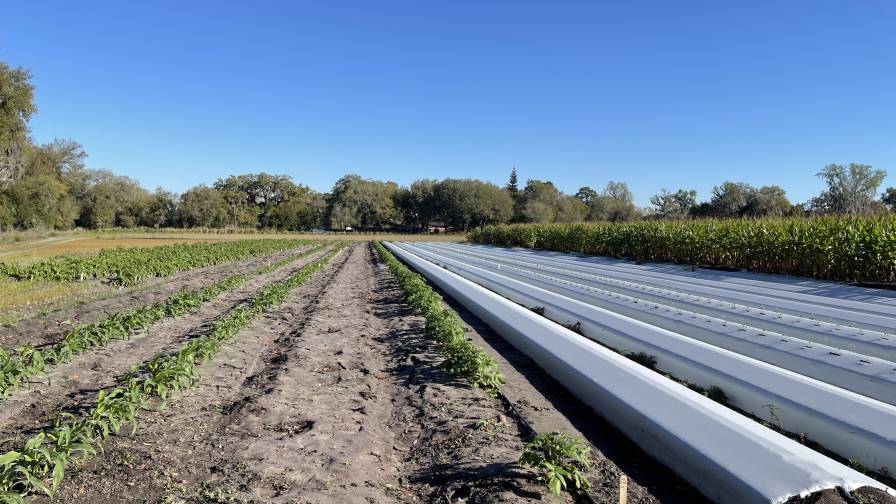Mosaic Reduces Florida Workforce
U.S. fertilizer production took another hit this last week as 140 workers were laid off at a Mosaic Co. phosphate mine in Florida.
The lay-offs stemmed from a legal challenge of Mosaics attempt to expand its mining operations in Florida. The U.S. Army Corps of Engineers previously issued a permit to Mosaic to expand its mine but the Sierra Club and other environmental groups won a lawsuit that blocked the expansion.
At least 18 companies that do business with Mosaic reportedly could lay off hundreds more workers and lose at least $80 million in revenue if the preliminary injunction becomes permanent.
The U.S. is a net exporter of phosphate but Jean Payne, president of the Illinois Fertilizer & Chemical Association (IFCA), is concerned the situation in Florida is part of an ongoing trend in which fertilizer production is moving away from the U.S.
And that trend could be costly for U.S. ag retailers, farmers, and even consumers as the cost to grow crops continues to escalate.
The loss of fertilizer production in the U.S. is happening right in front of our faces, Payne said. We’ve been a net exporter of phosphate but, circumstances like this send a message that down the road we could become a net importer of phosphate.
The situation already has occurred in other fertilizer markets.
Ten years ago we were manufacturing 80 percent of nitrogen fertilizer (consumed in the U.S.), Payne said. Now we’re below 50 percent. Were no longer a primary market.
About 50 percent of the ammonia plant capacity currently resides in Asia. China and India consume about 44 percent of all nitrogen fertilizer in the world compared to just 11 percent in the U.S.
The shift in fertilizer production and use patterns means the U.S. will face more competition for fertilizer in the future, according to Joe Kilgus, area sales manager in Southern Illinois for GROWMARK.
The U.S. has become a small player (in the fertilizer market), Kilgus said last month at the Illinois Farm Bureau Commodities Conference. To acquire or keep fertilizer stocks the U.S. has got to outbid the competition.
And the competition for fertilizer is fierce. BHP Billiton this month made a hostile bid for Potash Corp. of Saskatchewan. The Potash Corp. board recommended its shareholders reject the hostile takeover bid, which could shake up a potash market dominated by just a handful of players.
Canada, Russia, Belarus, Germany, Israel, and Jordan reportedly account for 90 percent of the worlds potash supply.
Meanwhile, increased regulations and proposed legislation is making it even more difficult for fertilizer companies to expand in the U.S., according to Payne.
The more regulations we have forces businesses to expand their bases to raise money to comply with the regulations, Payne said. Thats why we see fertilizer companies getting bigger and merging.
On the legislative front, proposed cap-and-trade legislation could increase the production of electricity from natural gas, which is a key ingredient for nitrogen fertilizer production. The cost to produce an acre of corn could increase by an estimated $33 per acre by 2020 if cap-and-trade legislation becomes law, according to the IFCA website.
(Source: Illinois Farm Bureau)






